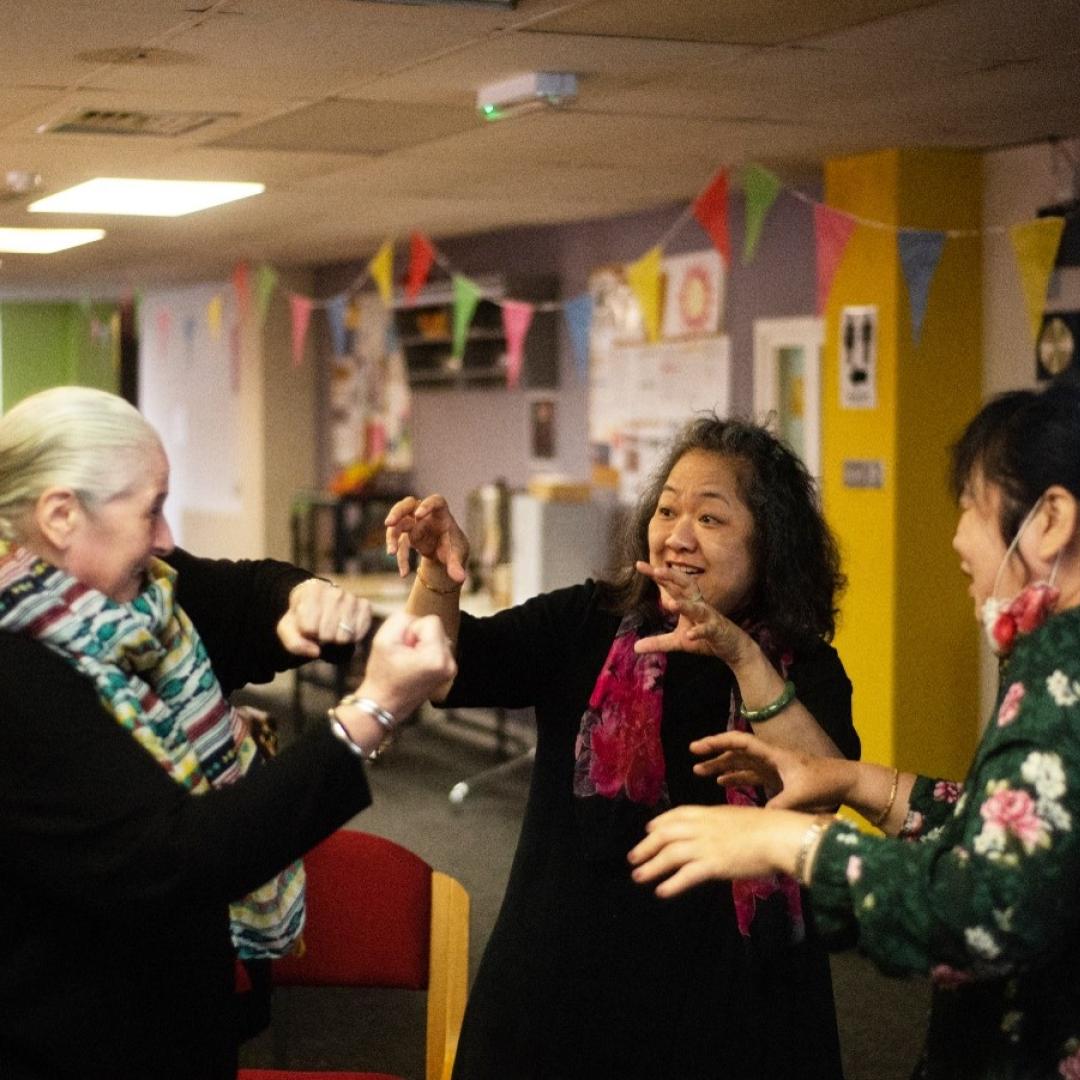
Catalyst Led Conversations on Engaged Futures Themes
We are calling for catalysts to support the next phase of Engaged Futures, bringing in voices and perspectives that we might otherwise miss and ensuring that our Horizon maps represent the diversity of perspectives and topics that should shape of higher education in 2045.
Is there a strand of the Engaged Futures conversation that you are interested in understanding more deeply? Is there a specific group of people that we ought to bring into the conversation? Are you well positioned to enable, support or lead this conversation?
Why and How to Lead a Conversation?
This is the time for you as a Catalyst to make a critical contribution to the Engaged Futures process, leading or enabling a conversation yourself and reporting this back to inform the wider Engaged Futures vision and direction.
We need to address gaps in our existing consultation work, either by bringing in new perspectives or by drilling down into a theme that you feel needs deeper examination. Keep reading for ideas about which themes you might explore or groups you might engage with.
At this stage we invite you to use the horizon mapping exercise to frame your conversations.
You might like to do this online, in person, with a group, or a one-to-one way. We are completely open-minded about the format.
You may be able to do this without our support, however we are happy to offer guidance with the design and preparation of your event, or for someone from our team to support you in facilitating on the day. Please share your plans with us via the relevant form below.
Who or what might I focus on?
The NCCPE is leading conversations on some topics that sit underneath the themes below, however, our exploration will not be exhaustive. There might be conversations that you are well-placed and motivated to explore. Alternatively, you may want to host a conversation on a theme that you believe is missing.
You do not need to focus on a single topic or theme but may choose to explore the interests of a specific group of people on the future of higher education more broadly.
We are especially keen to get perspectives from people who are as yet, underrepresented in the Engaged Futures thinking. You might want to work with a particular interest group, minoritised community, or region. Also, we have not heard from some groups that sit within higher education. This includes financial and operational management, student affairs and support services, environmental sustainability, assessment and accreditation, and administrative leadership.
You may like to connect with other catalysts as you develop your idea. We are happy to consider catalyst partnerships.
Please let us know about any conversations you plan to lead by completing the consultation notification form.
Share your conversation plans
PLEASE NOTE THE DEADLINE FOR BURSARY APPLICATIONS HAS NOW PASSED.
Planning a conversation?
It may be that you are able to run a conversation through your existing networks and organisation without financial support from us, however, please notify us by completing the form below so that we can identify gaps in the consultation.
Support materials
We will supply all catalysts with a pre-recorded training video to help guide you think through running a three horizons consultation of your own. We will also provide slide decks, hand-outs, Padlet boards, and draft facilitation guides to help you to lead your own conversation.
Share your data by Friday 27 June 2025
Whether you applied for funding to enable your conversations or not, we would like to gather data from these Engaged Futures consultation conversations so that it can feed into Phase 3. This will be through a simple online form. The form will ask you to outline your top findings from a Horizon mapping exercise outlined in the support material that we will provide you. We need all forms to be submitted by Friday 27th June 2025.
Bursary support
For those who have already applied for funding, please see the section below for bursary scheme criteria and guidelines.
Catalysts Conversation Partnership
If you are keen to speak to other Catalysts with similar interests perhaps with the view of doing a collaborative consultation, please use this Catalyst connector- notice board to do this. You are welcome to leave your email contact on this board, or if you prefer, please email us at NCCPEcatalysts@uwe.ac.uk and we can make email introductions between you and other catalysts.